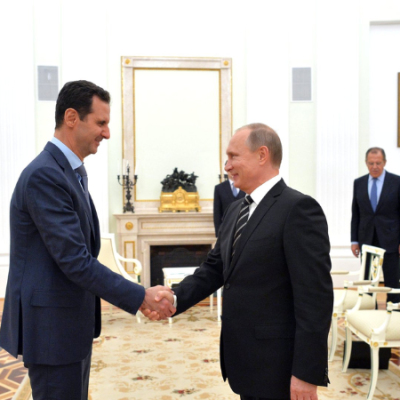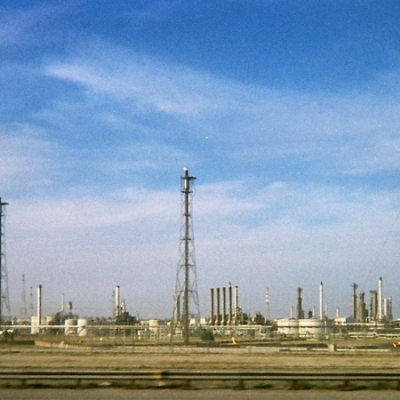Diplomacy: Japan In the Middle East

The visits were made by Japanese Prime Minister Kishida Fumio over three days from July 16 to 18. Since Japan heavily depends on the Middle East for its oil and natural gas, it is customary for Japanese leaders to visit the region to stabilize the energy supply. The visit from Kishida was unique, though. Since it represents a significant shift in Japan’s Middle East diplomacy and reflects an acute awareness of the rapidly evolving international environment as well as changes within the Middle East itself, it should be regarded as historic.
Also Read – Japan’s Demographic Shift: Decline in Japanese Nationals, Rise of Foreign Residents
What then was Kishida’s purpose to visit the Middle East?
He first sought to aid the area’s transition to a new economic setup that would allow for decarbonization. Japan is creating policies to lessen its reliance on fossil fuels and aims to become carbon neutral by 2050. The economies of the Gulf nations, which have long been dependent on the export of fossil fuels, will also be forced to change as a result of shifting industrial structures. As a result, Kishida was attempting to position Japan during this visit to support Gulf nations in their efforts to undergo a green transformation.
The purpose of the visit is to offer the Gulf nations the assistance they need to change their economic models away from exporting fossil fuels. The Gulf nations must develop industries that benefit from their high levels of education, labor pools, and solar resource abundance if they are to transition to economies that are not reliant on fossil fuels. Japan has ratified bilateral agreements in a variety of fields, including semiconductors, space, medicine, education, agriculture, and tourism, to aid in this. One way Japanese companies can contribute is by providing advanced technological capabilities and creating new markets for the Gulf countries as they implement an industrial structure shift. Over the three days, more than 50 business-to-business agreements were signed while Kishida was accompanied by executives from traditional energy companies, space ventures, and healthcare organizations. To further support these business endeavors, talks to conclude a free trade agreement between Japan and the Gulf Cooperation Council (GCC) will start in 2024.
The United States has historically served as the primary guarantor of the Middle East’s security order, but since the country’s shale gas revolution, not only has its reliance on the region shrunk, but the Trump administration’s America First policy and initiatives to strengthen ties between Arab nations and Israel, such as the Abraham Accords, have fundamentally altered the region’s political landscape. Meanwhile, the normalization of diplomatic ties between Saudi Arabia and Iran through Chinese mediation is progressing, and Sino-Russian influence in the Middle East is growing, as evidenced, for example, by the improved ties between Iran and Russia following Russia’s invasion of Ukraine. Japan is looking for a stable situation to create a security environment and bilateral relations as it becomes interested in both a stable energy supply and the transition to a decarbonized era.
To diversify the regional balance and increase its economic security, Japan also wants to improve ties with the nations of the Global South, including the Organisation of Islamic Cooperation (OIC) as well as GCC nations. Because of things like anime and manga, Japan has by far the soft power in the Middle East, but this has not translated into political influence. Nevertheless, Japan is trying to restrain Chinese and Russian advances by influencing the region’s predominantly Islamic culture.
Also Read – Cristiano Ronaldo plays football with kids on Al-Nassr’s Japan tour
In light of this, Japan’s relations with the Middle East will no longer be restricted to energy policy but rather will flourish in a variety of fields, from industrial cooperation to security. Japanese Middle East diplomacy has changed as a result of Kishida’s visit, as Japan aims to increase its influence as a geopolitical player in the area.



